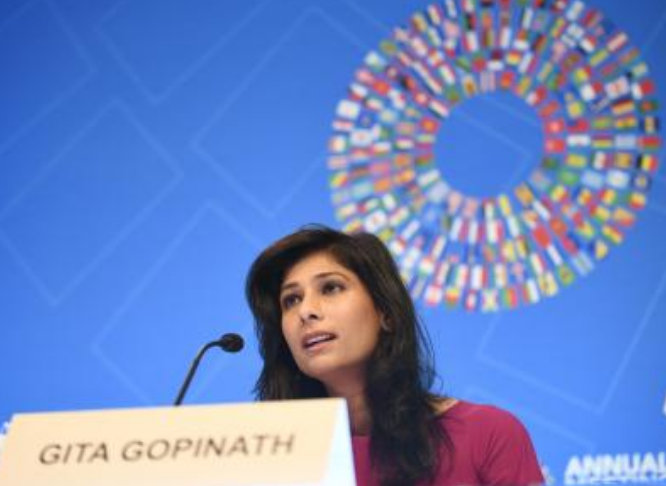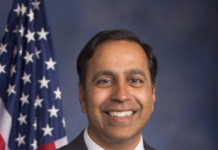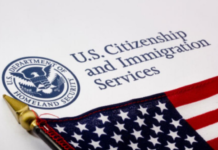NEW DELHI– Former IMF Chief Economist Gita Gopinath has sharply criticized former U.S. President Donald Trump’s sweeping tariff measures, saying they acted as a tax on American consumers, pushed inflation higher, and failed to deliver any meaningful benefits to the U.S. economy.
In a statement posted Wednesday, Gopinath said the economic fallout from Trump’s so-called “Liberation Day” tariffs has been largely negative over the past six months. Trump had announced the tariffs on April 2 under the International Emergency Economic Powers Act (IEEPA), declaring a national emergency over the U.S. trade deficit and pledging to correct what he described as decades of unfair trade practices.
However, Gopinath noted that the measures had not met any of their stated goals. “It is six months since the ‘Liberation Day’ tariffs. What have U.S. tariffs accomplished?” she wrote on X.
“1. Raise revenue for the government? Yes — quite substantially. But borne almost entirely by U.S. firms and passed on to U.S. consumers. So it has worked like a tax on U.S. firms and consumers. 2. Raise inflation? Yes, by small amounts overall — but more substantially for household appliances, furniture, and coffee. 3. Improve trade balance? No sign yet of that. 4. Improve U.S. manufacturing? No sign yet of that. Overall, the scorecard is negative,” she explained.
Gopinath, who now serves as a professor at Harvard University, said the tariffs may have generated short-term revenue for the U.S. government but ultimately increased costs for American households and businesses. “The policy has functioned as a tax on consumption, not a catalyst for industrial revival,” she added.
Trump’s tariff strategy — which his administration touted as a defense of American industry — has faced growing criticism from economists across the political spectrum for fueling inflation and distorting trade flows.
India, among several nations affected by the policy, was hit with a 25 percent tariff in July, followed by an additional 25 percent penalty on imports of Russian crude oil in August. On September 26, Trump announced plans to impose a 100 percent tariff on branded and patented pharmaceutical products beginning October 1, unless companies relocate manufacturing operations to the United States.
Economists have warned that such moves could deepen global trade tensions and further burden American consumers. “In the end,” Gopinath said, “the data show that these tariffs haven’t delivered what was promised — and have instead left U.S. consumers paying the price.” (Source: IANS)














